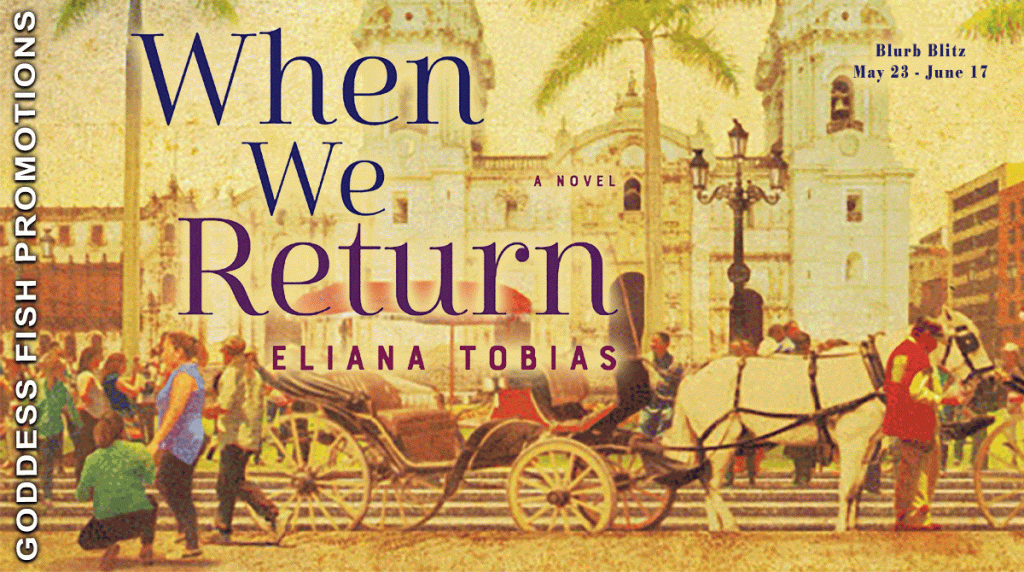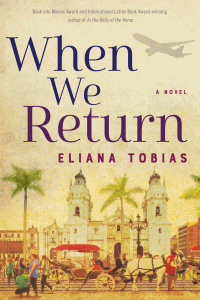Long and Short Reviews welcomes Rob Roy O’Keefe, who is celebrating the recent release of Small Stones. Leave a comment or ask the author a question for a chance to win a copy of the book.
One of the more common challenges that authors are asked about concerns writer’s block. That’s not the topic for today, however. What I find more interesting is the opposite state, something known in psychological circles as “flow.”
Here’s a somewhat clinical definition: flow refers to a state of mind which brings together cognitive, physiological and affective aspects. Flow is characterized by high levels of engagement or immersion in the particular activity you’re involved in. It’s sometimes discussed in context with sports, when it is usually referred to as being “in the zone.”
Whether I’m engaged in short format writing, like this article, or long format writing, it’s not unusual for me to experience this state of flow. The good part about it is that ideas seem to come out of nowhere, not just while writing, but when I’m involved in other activities like taking a long walk, working in the yard, or taking a really long walk so I don’t have to work in the yard. They’re usually the kind of ideas that feel like I’ve caught lightning in a bottle. I want to write them down immediately. They don’t always work out, but there’s a good chance they do.
I can attribute the development of some of the more interesting character traits in my book, Small Stories, A Perfectly Absurd Novel, to being in this state. Early on, I had decided to write one of the characters, Walt, as someone with a lot of anxieties, but I wanted him to express those in more unusual ways. The solution? When he’s anxious, he sneezes. By itself that might not seem all that unique, but Walt sneezes in languages that he doesn’t speak – Mandarin, Swedish, Farsi, and a host of others.
The downside is that when I’m in this state, I’m much more internally focused, which comes off as seeming distant or aloof to other people. It’s nothing intentional, it’s just hard to shut it off. Keep that in mind the next time someone doesn’t seem to be paying attention to what you’re saying. Sure, maybe they’re just being rude, or maybe they’re working on the next great novel.
Here’s an excerpt from my current novel, Small Stories, A Perfectly Absurd Novel
“First question,” announced Wanda. “Who are you and why are you running for Town Council? We’ll start with you, Mr. Small.”
“Wait!” Sasha interjected, catching everyone off guard.
“What’s wrong, Sasha?” Wanda asked.
“I just wanted to say this is very exciting!” Sasha exclaimed, keeping with tradition.
“Yes, I suppose it is,” Wanda acknowledged. “Okay, Duncan –”
“Wait!” Sasha was obviously still excited.
“What is it now. Sasha?” Wanda inquired, hoping to get back to the task at hand.
“I hope I win! No, I hope Duncan wins! Maybe we can all win!” Sasha was gushing enthusiasm, kind of like the verbal equivalent of Yellowstone’s Old Faithful geyser, dependable and dramatic.
Duncan decided to move on with the debate. “As you know, I’m Duncan Small, and –”
“Ha!” interrupted Walt.
“What do you mean ‘ha’?” asked Duncan.
“You’re using a classic Post Hoc fallacy,” Walt announced.
“I am? I don’t even know what that is.”
“You’re putting forth a premise that you are Duncan Small simply because you say you are,” Walt almost explained.
“But I am who I say I am,” Duncan asserted.
“We need proof.”
“Everyone here knows who I am!” Duncan countered, borrowing an exclamation mark from Sasha.
“Now you’ve simply inserted an Appeal to Authority fallacy. Ad verecundium,” Walt finished in Latin.
“Stop showing off,” Wanda pleaded with her brother. She then offered some background. “Walt was the top student in his Logical Fallacies class at Welcome Wagon University.”
Sasha jumped in. “I know all about fallacies! We learned about them in CIA training – Obfuscation 101! I’d tell you more, but I’m only allowed to describe it in misleading terms!”
Engaging in a debate seemed to profoundly change Walt. Suddenly he was calm, credible, and commanding. As for Sasha, in some way Duncan couldn’t quite grasp, she was making sense.
Duncan’s brain felt like it was under assault. While it tried to sort through all the layers of improbability just encountered, his mouth stepped in. “Huh? Welcome Wagon University??” was the best it could manage.
“Grata illustratio, receperint mundi,” Walt recited proudly. “‘Welcome enlightenment, welcome the world.’ Our class motto.”
Duncan’s brain hit reset and after a brief pause, came back online. “I think I need a break.”
A little tale of trial and error. Okay, mostly error.
Duncan and Maya Small have just moved to an out-of-the-way town filled with odd characters, quirky customs, and a power-obsessed local official who one day hopes to be declared emperor. Duncan is sharp enough to know something needs to change, and delusional enough to believe he’s the one to make it happen. The only thing standing in his way are feral ponies, radical seniors, common sense, and Duncan’s inability to do anything without a list.
Small Stories: A Perfectly Absurd Novel, is a tale of power, bake sales, manipulation, the Welcome Wagon, and diabolical forces at work in the shadows (mostly because they can’t afford to pay the light bill), although the Smalls soon discover nothing is at it seems. One thing is certain, however – there’s something funny going on.
About the Author: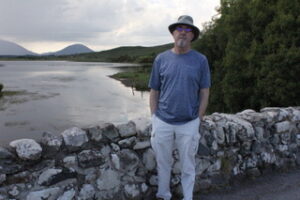 Rob Roy O’Keefe was raised in the Antarctic by a colony of emperor penguins, which explains both his love of fish and his intense anxiety when in the company of sea lions. At the age of 12 he left to go on walkabout, but upon learning that Australia was over 3,000 miles away, he took the more expedient route from Cape Melville, Antarctica to South America’s Cape Horn.
Rob Roy O’Keefe was raised in the Antarctic by a colony of emperor penguins, which explains both his love of fish and his intense anxiety when in the company of sea lions. At the age of 12 he left to go on walkabout, but upon learning that Australia was over 3,000 miles away, he took the more expedient route from Cape Melville, Antarctica to South America’s Cape Horn.
He wandered north through the Andes, accumulated an abundance of practical knowledge, such as how to convince a hungry condor that you are not carrion. He eventually stumbled upon the hut of an Incan shaman who took him on as an apprentice. After a decade of immersion into the mysteries of the unseen world, Rob departed, fully prepared for his eventual success in the fields of talking, commuting, and sitting behind a desk.
Today, Rob resides in New England’s Merrimack Valley, where he lives in a tree house made of Good Humor popsicle sticks held together by the discarded dreams of retired sailors.
Buy the book at Amazon.
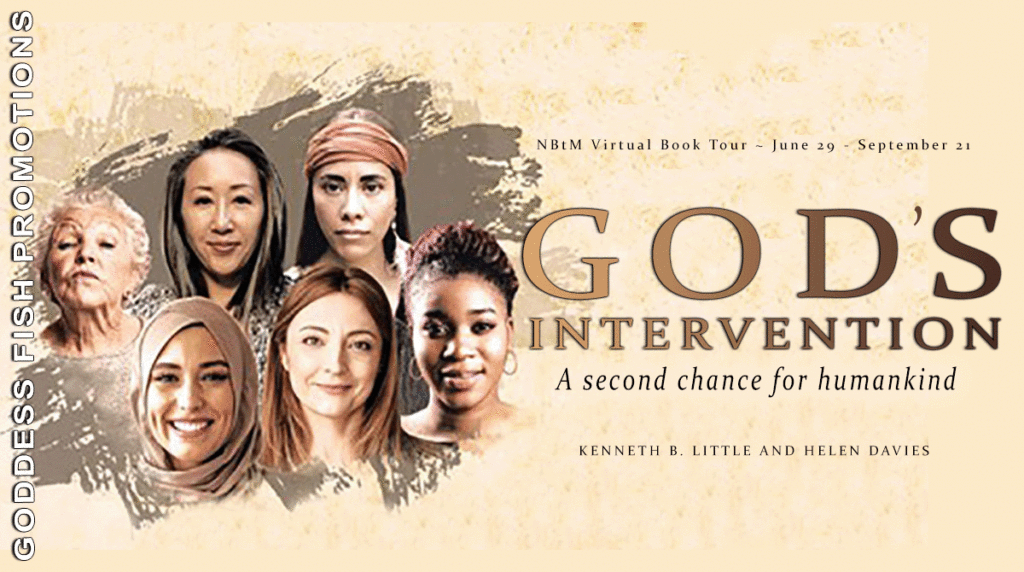
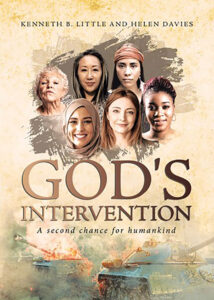 Humans are on the brink of disaster…
Humans are on the brink of disaster…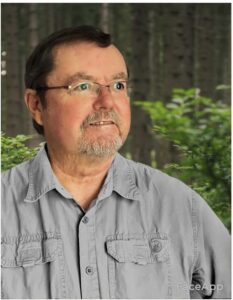 Kenneth B. Little is a 72-year-old retired business executive who is unhappy about how the state of the world has deteriorated during his lifetime.
Kenneth B. Little is a 72-year-old retired business executive who is unhappy about how the state of the world has deteriorated during his lifetime.

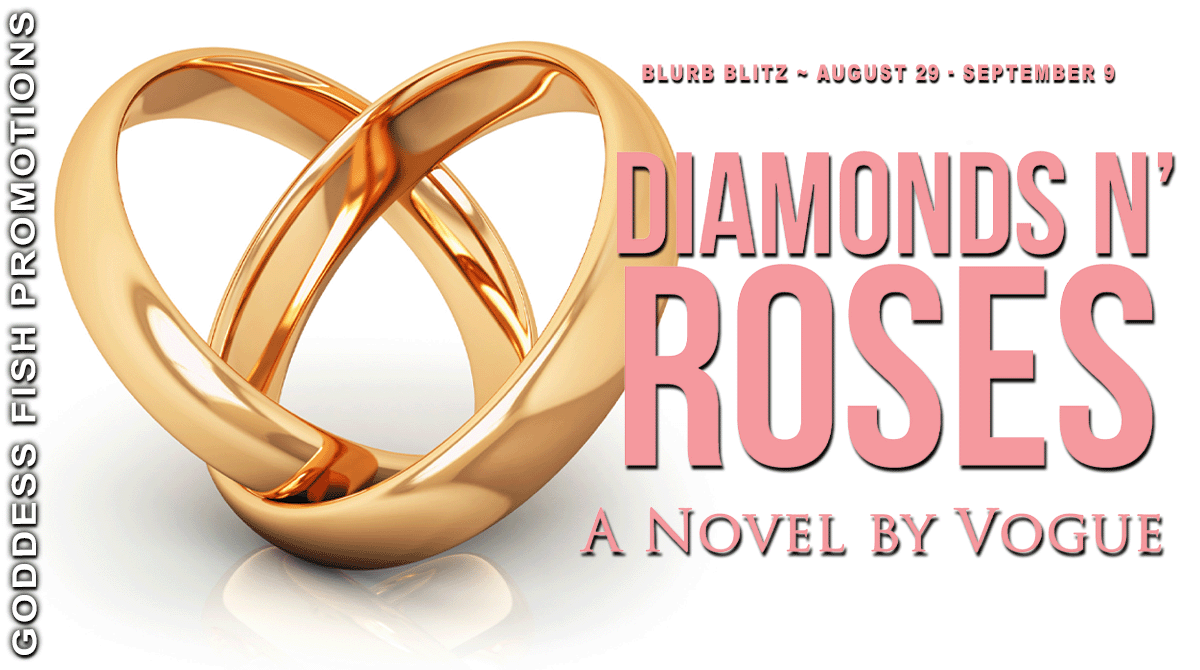
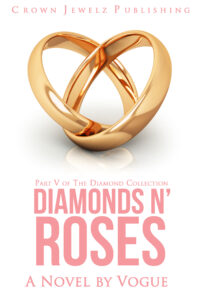 After battling through the highs and lows of an intense and often dramatic relationship, fashion designer, Carmen Davenport, and business mogul, Jay Santiago, are finally ready to plan their most anticipated event to date – their wedding. However, before they can get down the aisle, they must endure a few unexpected surprises, twists, and turns.
After battling through the highs and lows of an intense and often dramatic relationship, fashion designer, Carmen Davenport, and business mogul, Jay Santiago, are finally ready to plan their most anticipated event to date – their wedding. However, before they can get down the aisle, they must endure a few unexpected surprises, twists, and turns. Born and raised in Greenville, South Carolina, Vogue’s journey through the world of creative writing first began in middle school with poetry and songwriting. However, it was her discovery of prose that opened the door to a world of endless possibilities.
Born and raised in Greenville, South Carolina, Vogue’s journey through the world of creative writing first began in middle school with poetry and songwriting. However, it was her discovery of prose that opened the door to a world of endless possibilities.
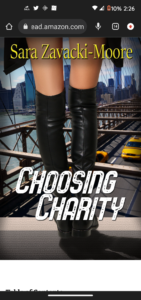
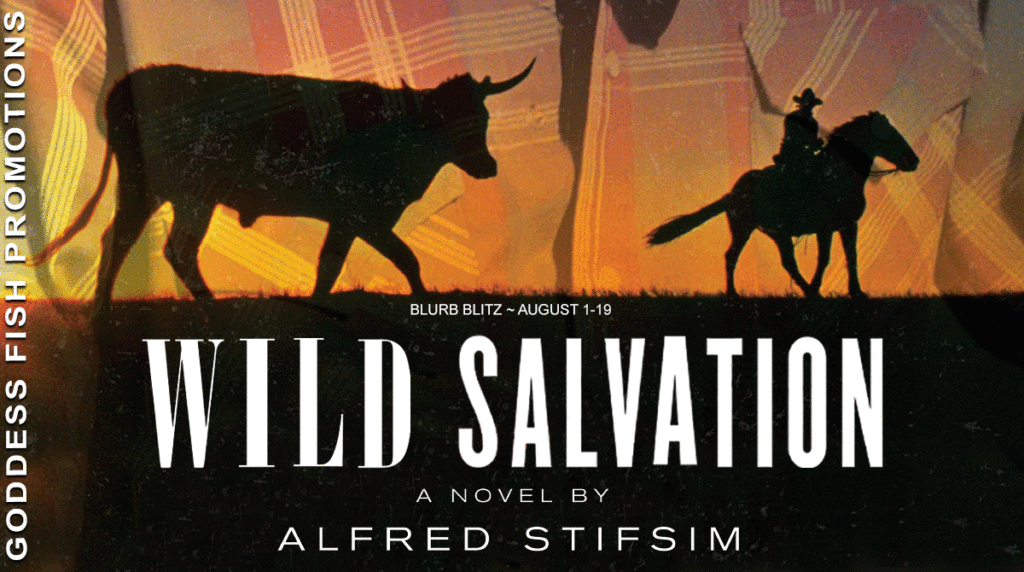
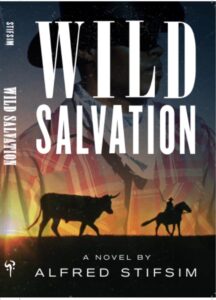 Johnson is accused of assaulting a white woman, a deadly charge for a black man in 1876. Knowing he’ll be lynched if he stays in St. Andrews, Indiana, Johnson flees to the grassy plains of Kansas looking for the freedom unavailable to him back East. What Johnson doesn’t know is that the woman’s father is a powerful businessman determined to track him down. For a man on the run, the West seems like the perfect place for someone withdrawn like Johnson to become a new person, until a top Pinkerton agent named Cole Charles comes into town hunting outlaws.
Johnson is accused of assaulting a white woman, a deadly charge for a black man in 1876. Knowing he’ll be lynched if he stays in St. Andrews, Indiana, Johnson flees to the grassy plains of Kansas looking for the freedom unavailable to him back East. What Johnson doesn’t know is that the woman’s father is a powerful businessman determined to track him down. For a man on the run, the West seems like the perfect place for someone withdrawn like Johnson to become a new person, until a top Pinkerton agent named Cole Charles comes into town hunting outlaws.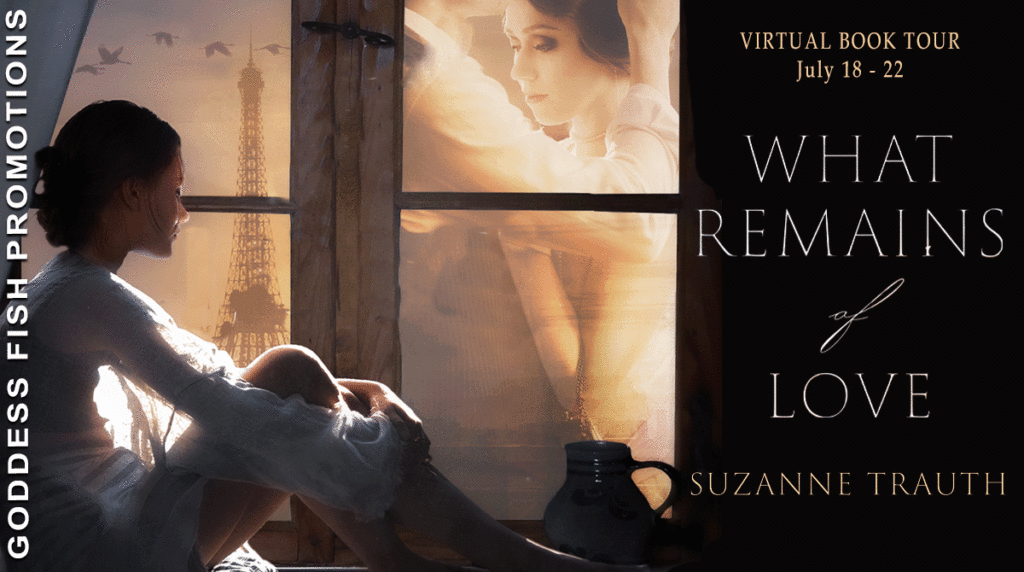
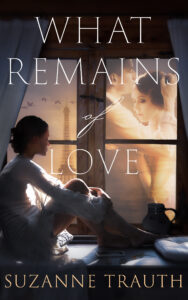 At the reading of her beloved father’s will, Kate, a divorced French professor, learns of his affaire de coeur during World War II with a French artist named Emilie, to whom he has left a substantial bequest. Kate, stunned to discover the existence of this woman who captivated her father, is determined to unravel the mystery of his past and unearth the truth. Though Emilie has passed away now, her daughter Yvette sends a box of her mother’s keepsakes from the war that are even more unnerving – among them a dried flower, a photograph, two smooth stones, and a train ticket. Kate wonders about her parents’ marriage. After the war had he abandoned passion for honor? Did he really love her mother, or was he compelled to marry her out of his sense of duty? How well did she really know her father? Or her mother? She embarks on a journey to the south of France to reconcile the past and confront her own demons, as well as the legacy of her father’s wartime love affair and the price he paid to live an honorable life. Kate’s life is changed forever…
At the reading of her beloved father’s will, Kate, a divorced French professor, learns of his affaire de coeur during World War II with a French artist named Emilie, to whom he has left a substantial bequest. Kate, stunned to discover the existence of this woman who captivated her father, is determined to unravel the mystery of his past and unearth the truth. Though Emilie has passed away now, her daughter Yvette sends a box of her mother’s keepsakes from the war that are even more unnerving – among them a dried flower, a photograph, two smooth stones, and a train ticket. Kate wonders about her parents’ marriage. After the war had he abandoned passion for honor? Did he really love her mother, or was he compelled to marry her out of his sense of duty? How well did she really know her father? Or her mother? She embarks on a journey to the south of France to reconcile the past and confront her own demons, as well as the legacy of her father’s wartime love affair and the price he paid to live an honorable life. Kate’s life is changed forever…
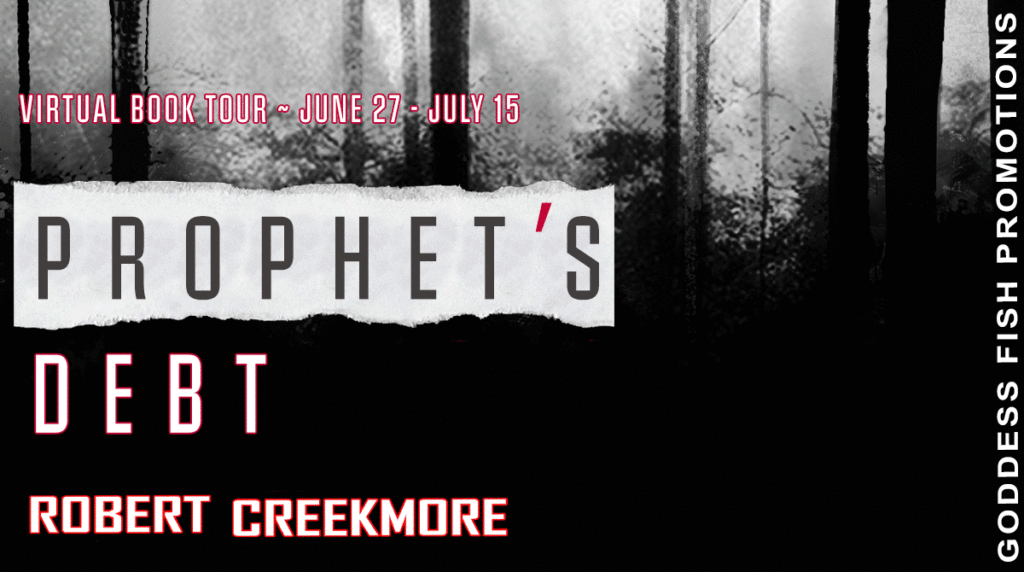
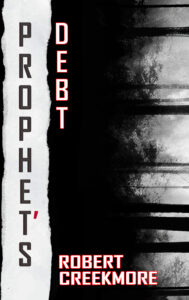 At fourteen, Naomi Pace knows she loves her best friend, Tiffany. During the Perseid meteor shower of summer 1993, she finds out Tiffany feels the same, just as they’re outed.
At fourteen, Naomi Pace knows she loves her best friend, Tiffany. During the Perseid meteor shower of summer 1993, she finds out Tiffany feels the same, just as they’re outed.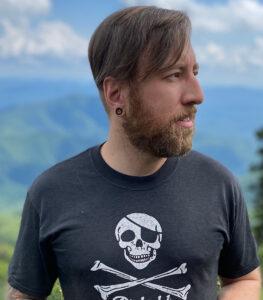 Robert Creekmore is from a rural farming community in Eastern North Carolina.
Robert Creekmore is from a rural farming community in Eastern North Carolina.